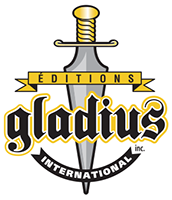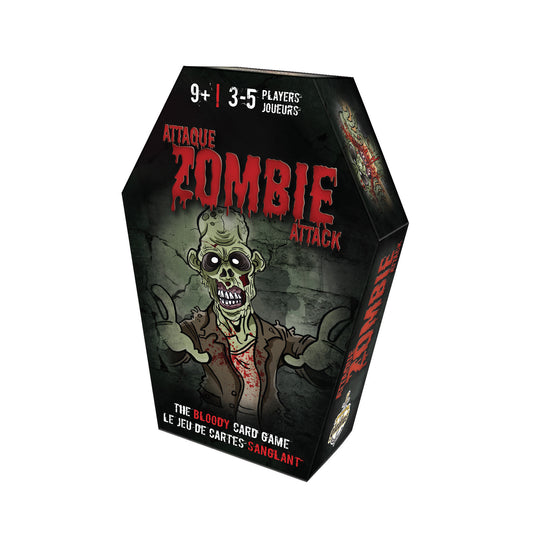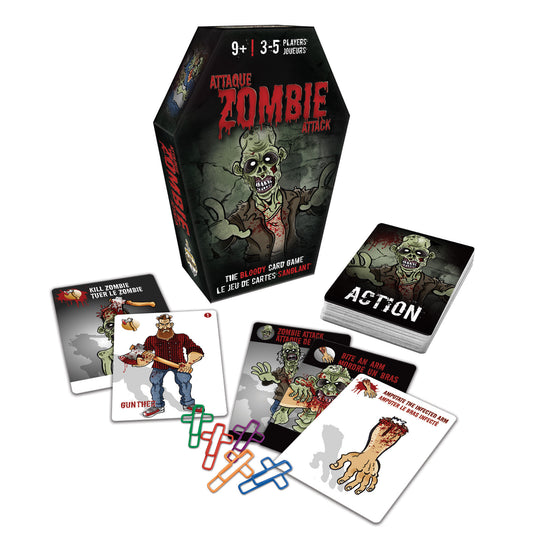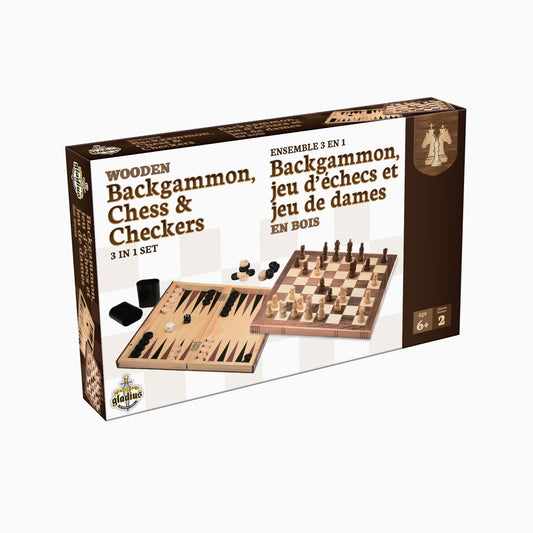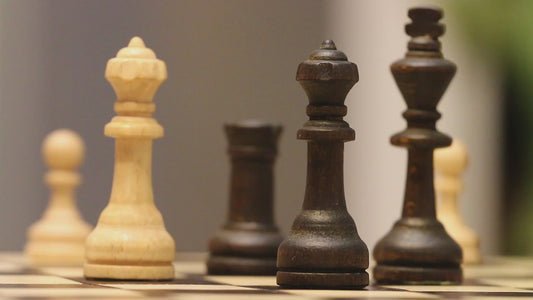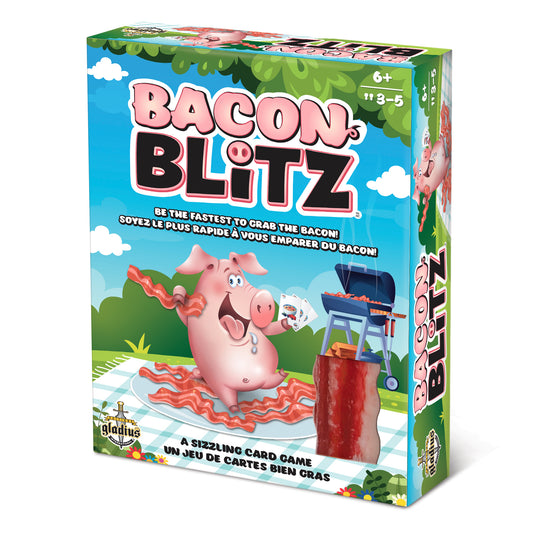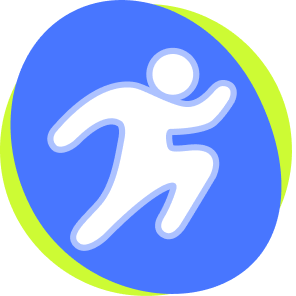
Global motor skills
A little theory...
Gross motor skills are the ability to produce arm, leg or body movements with a degree of control. While physiological maturation is necessary for certain challenges, experience and training have an impact on these skills. Recent studies on learning inform us that, just as a nursery rhyme can help us learn the alphabet, associating a notion with a movement facilitates learning.
How to stimulate development through play?
Any activity that requires movement (jumping, throwing, dancing, running) helps to develop coordination and balance, and helps children to develop a good perception of their bodies in their environment. Repetition of a movement helps refine the technique practiced. Once a movement has been mastered, it can then be combined with another and become more complex. For example, in a pocket game, practising throwing a sandbag increases the accuracy of the shot. Miming, responding to agility challenges, reproducing a letter using the body (in the manner suggested by the famous "YMCA" song) are all ways of encouraging motor development in a play context.
To find out more
De Lièvre, B., Staes, L. (2011). La psychomotricité au service de l'enfant, de l'adolescent et de l'adulte, notions et applications pédagogiques, Éditions de Boek.
Article on this topic based on...
Shaffer, D. (2010). Developmental psychology: childhood and adolescence, Brooks/Cole Publishing Company.
http://www.votre-enfant.com/wiki/Le_d%C3%A9veloppement_psychomoteur_de_l%27enfant_%28partie_1%29
